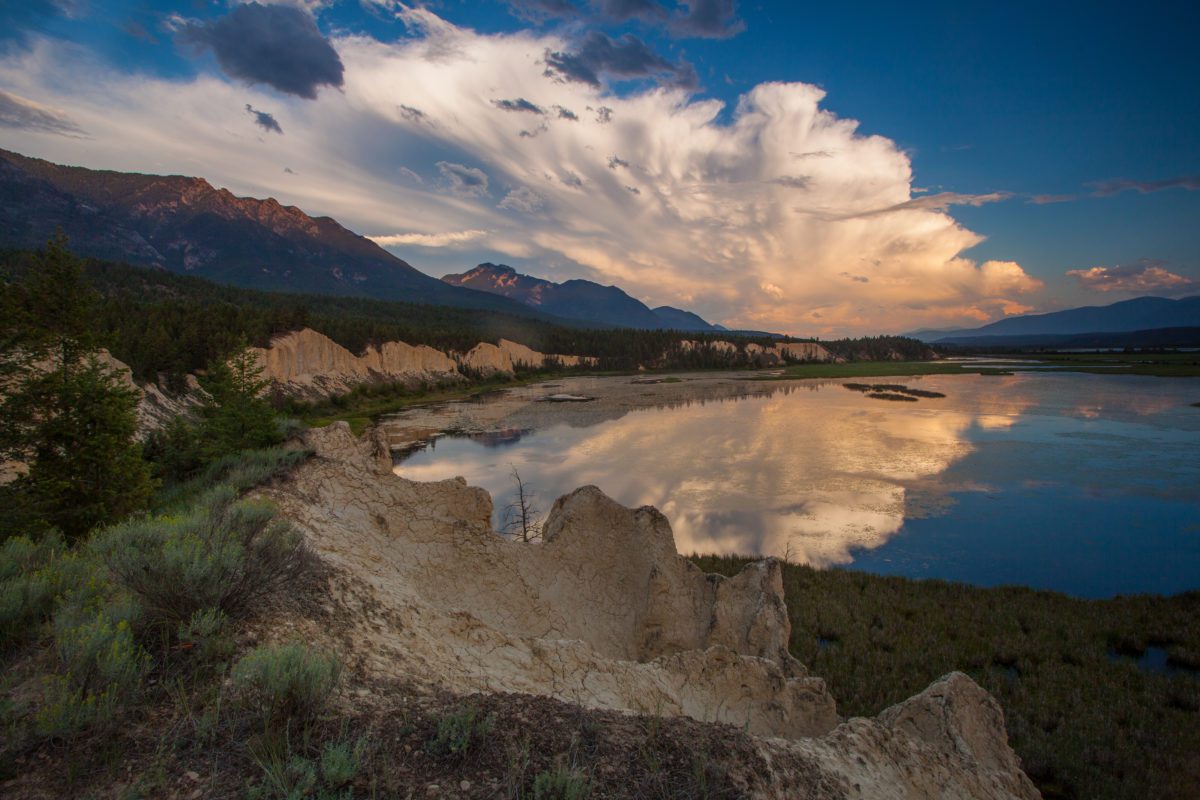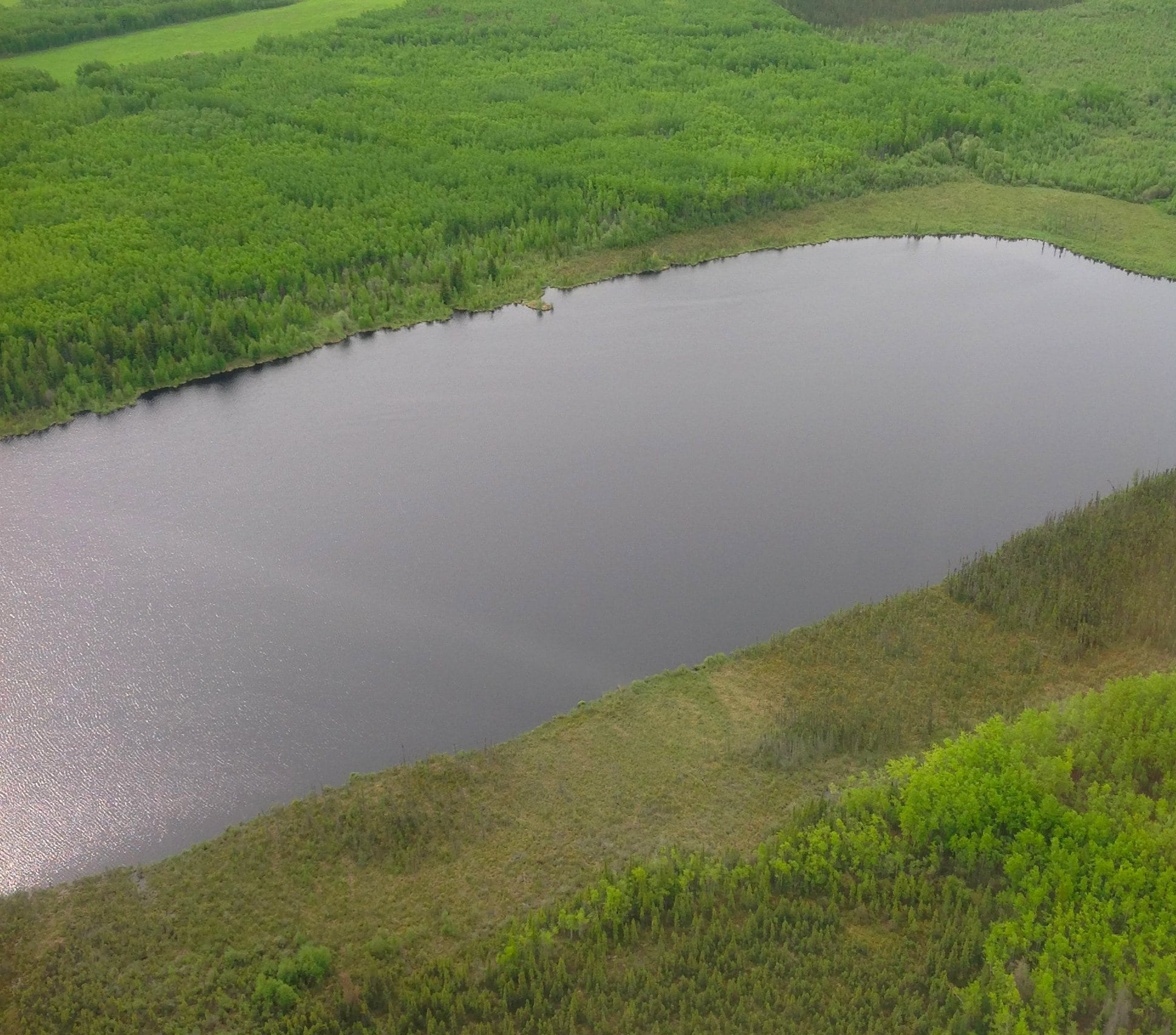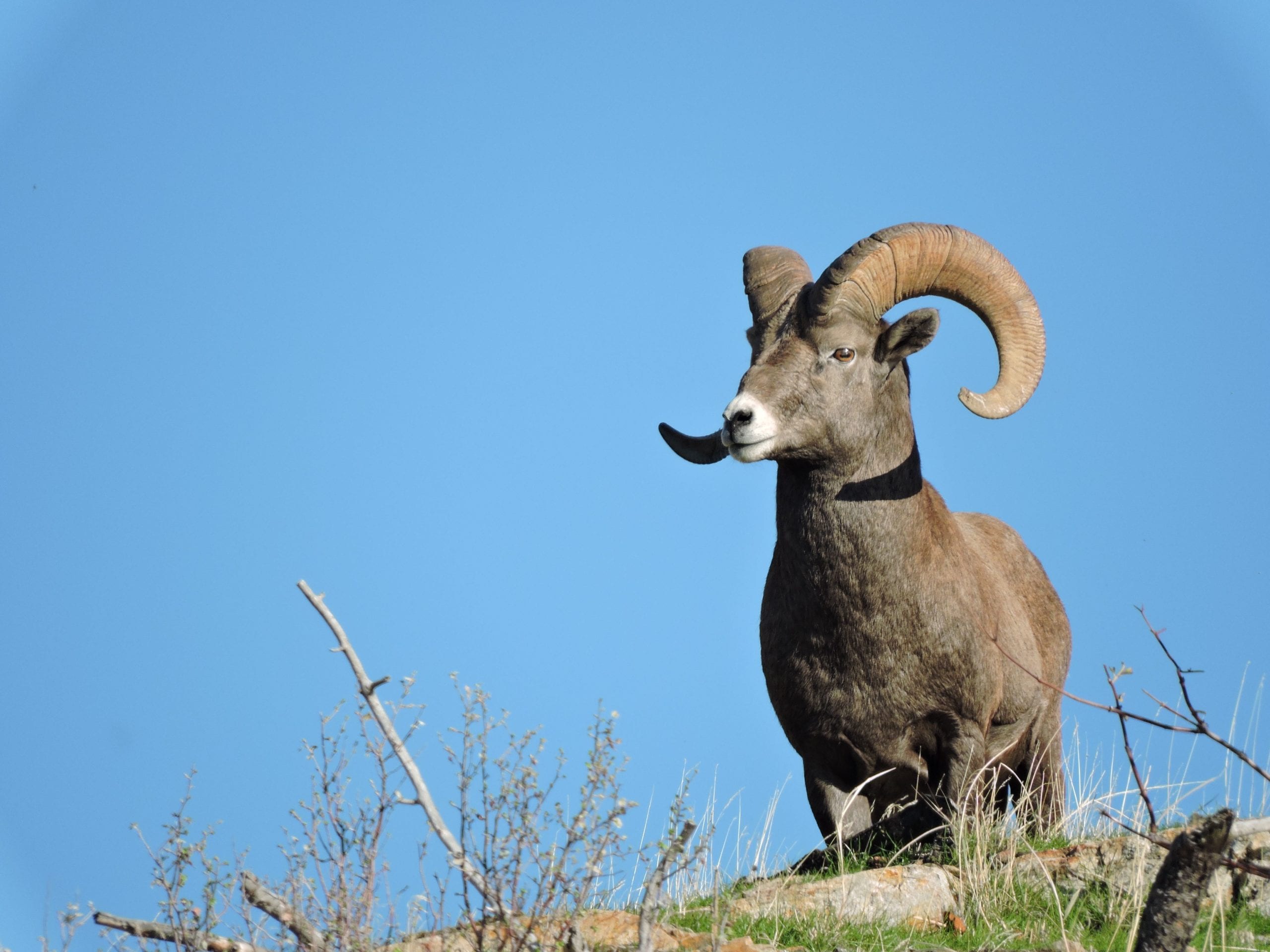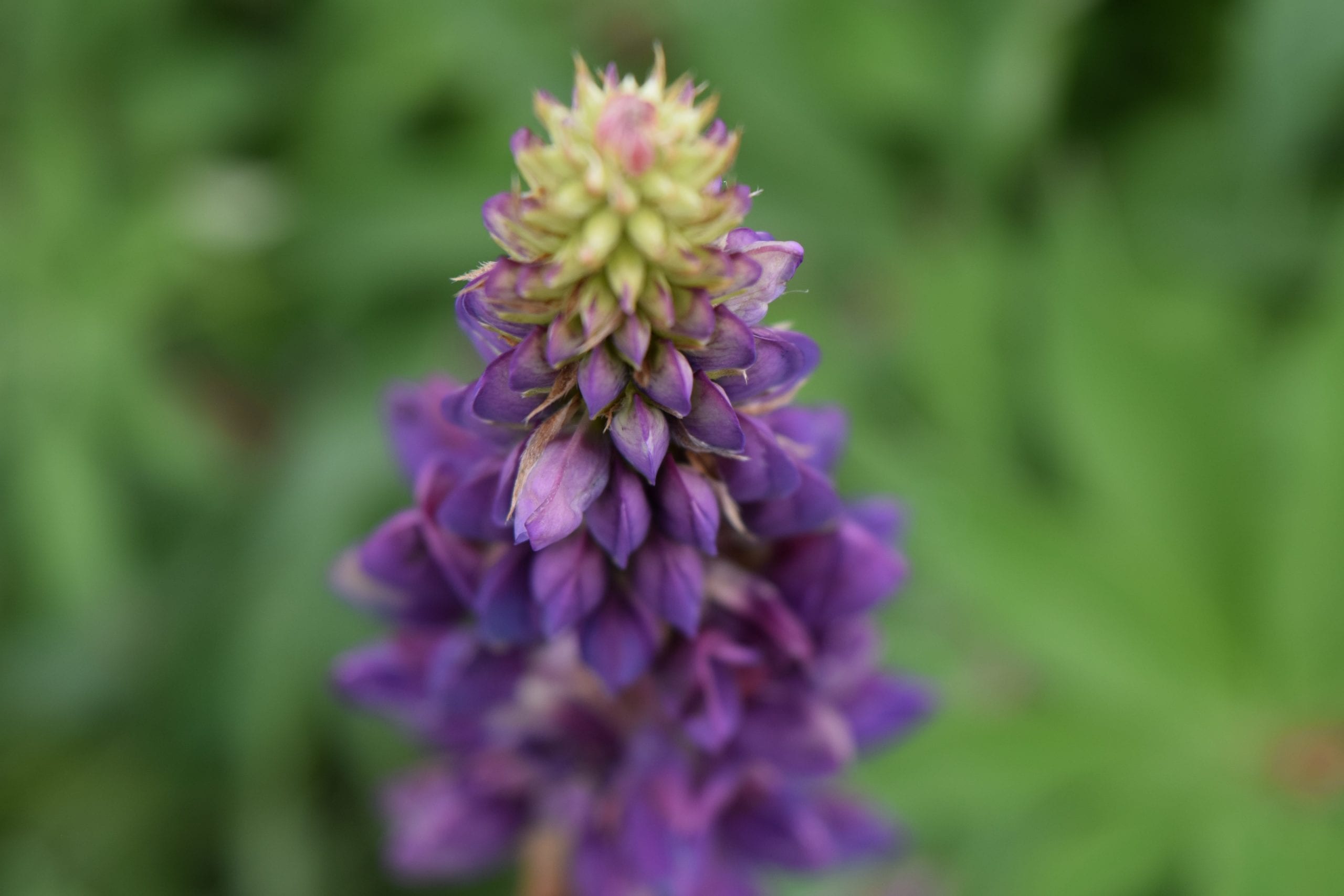
British Columbians know how fortunate they are to live in a place of extraordinary natural beauty and biodiversity. They also know the importance of being good environmental stewards. For many private landowners, stewardship of the land is a long standing family tradition. The Tegart family has been protecting the natural heritage of their Columbia River Wetlands – Edgewater property in the Kootenays (pictured above) since George and Lillian Tegart bought the land in in 1945. Later purchased by Denis Tegart, Denis and his wife Rosemary were dedicated land stewards and worked to maintain the natural ecosystems on the ranch. Meanwhile, when Margaret and Jim Little had the opportunity to acquire property near Whispering Pine Lake, where Jim had grown up, they named it Little-Levin Lake (pictured below) after Jim’s parents and grandparents who had been homesteaders in the area. When both these families wanted to guarantee that their lands would be protected into the future, they worked with The Nature Trust of BC and the Government of Canada’s Ecological Gifts Program to make that happen.

Preserving our natural heritage is often a group effort, with many participants working together: individual or corporate landowners, land trusts, provincial and municipal governments. The Government of Canada partners in these efforts to protect properties with ecologically sensitive features that currently, or may in future, make a significant contribution to conserving biodiversity and our environmental heritage through the Ecological Gifts Program (EGP). The Nature Trust of BC manages many of the ecological gifts donated throughout British Columbia.
Recipients
Ecological gifts are donated to an eligible recipient approved by Environment and Climate Change Canada, such as a land trust or a government body. The recipient ensures that the biodiversity and environmental heritage features of the gift are maintained and managed in perpetuity. The majority of donations have been made to nature conservation organizations or land trusts such as The Nature Trust of BC.

Types of Gifts
There are many reasons for donating an ecological gift and the EGP offers several options to allow landowners to choose the type of gift that best suits their circumstances. The majority of donors choose a fee simple gift, in which landowners donate all or part of their land and receive income tax benefits based on its fair market value. This type of donation provides both the greatest ecological protection and the largest tax benefit.
If the landowner receives an advantage (partial payment) in return for the donation, the provision known as split-receipting is used to assess the amount of the gift which is eligible for a tax benefit.
For landowners wishing to protect their land while keeping their connection with it, the best option may be to register a conservation covenant on the title. The covenant would protect the conservation values of the property, or a surveyed portion of the property, while the donor could continue to live on the land, sell it, or pass it on to their heirs. The restrictions placed on the property are followed in the future, regardless of who owns the land.
Donors may also use a “life estate” to donate ownership of the land, but retain the right to live on the land throughout their lives.

Tax Benefits
For most people donating ecological gifts, interest in conservation outweighs financial motivations. However, benefits offered by the Income Tax Act can provide an additional incentive for those who choose to donate through the Ecological Gifts Program as well as offering assistance to those otherwise unable to afford to make a donation.
Either individuals or corporations may donate ecological gifts. Individual donors are eligible for a non-refundable tax credit, while corporations may claim a deduction directly from their taxable income. In both cases the eligible amount is determined by the assessed fair market value of the gift. Ecological gifts may be claimed in the year of the donation and any unclaimed amount may be carried forward.
In 2014, as an added incentive, the Government of Canada doubled the carry-forward period for new donations from five to ten years.
Unlike most other charitable gifts, there is no capital gain tax on ecological gifts and no limit on the total value of ecological gifts eligible for deduction or credit in a single year.
Thanks to the generosity of private and corporate landowners in British Columbia, over 211,000 hectares of ecologically sensitive land worth over $977 million have been protected through the Ecological Gifts Program.

Inquiries about the program in British Columbia may be directed to the program co-ordinator for BC: David.Cunnington@canada.ca | office: 604-350-1987 cell: 604-329-7716 | Government of Canada Eco Gifts website
Guest post submitted by Elizabeth Jordan and David Cunnington, Ecological Gifts Program, Environment and Climate Change Canada.
